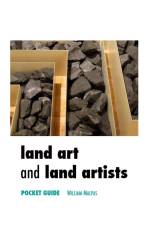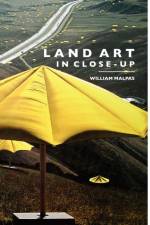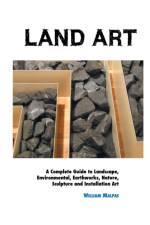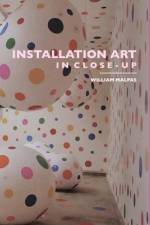- Pocket Guide
av William Malpas
249
RICHARD LONG: POCKET GUIDE by WILLIAM MALPASThe central fact and act of Richard Long''s art is walking. His work is founded on the art of walking, the act of walking, the actuality of walking, and on walking as art, as act, as experience. His walks become ''artwalks'', artwalks which become artworks. ΓÇóΓÇóΓÇóFor Richard Long, (art)walking is (art)working. As he walks he works. Art-walking and art-working become interchangeable. ''I have met with but one or two persons in the course of my life who understood the art of Walking, that is, of taking walks - who had a genius, so to speak, for sauntering'', wrote Henry Thoreau. ΓÇóΓÇóΓÇóRichard Long is a British land artist and sculptor who works with and in the natural world, but also with and within the highly sophisticated, artificial and humanmade world of art and culture. ''I too wanted to make nature the subject of my work,'' Long explained of his early work, ''but in new ways. I started working outside using natural materials like grass and water, and this evolved into the idea of making a sculpture by walking''. ΓÇóΓÇóΓÇóThis book also considers topics such as contemporary and postwar art and sculpture; Richard Long''s contemporaries, including fellow British sculptors; and land art. ΓÇóΓÇóΓÇóIn the course of this book William Malpas references many of Richard Long''s contemporary British sculptors (Tony Cragg, Bill Woodrow, David Nash, Barry Flanagan, Alison Wilding, Shirazeh Houshiary, Richard Wentworth, Boyd Webb, Hamish Fulton, Stephen Cox, Philip King, Anthony Caro, Tim Head, William Tucker, Anish Kapoor, Anthony Gormley, David Mach, Peter Randall-Page, Nicholas Pope and Gilbert & George). ΓÇóΓÇóΓÇóFurther chapters include: one on women, feminist, body art and performance sculptors, as a comparison with Richard Long''s art, which has a strong component of performance (even if it''s nearly always private). Also, a consideration of gendered sculpture and art. In the chapter on Minimal, Conceptual, Process and other 1960s and post-1960s art and artists, I''m interested in the artists (primarily European and American) who have most in common with Richard Long''s art: the great Minimal and land artists, such as Donald Judd, Robert Morris, Carl Andre, Sol LeWitt, Dennis Oppenheim, James Turrell and Robert Ryman, and the important Conceptual artists, such as Hans Haacke, Bruce Nauman, Yves Klein and Lawrence Weiner. ΓÇóΓÇóΓÇóAUTHOR''S NOTE: This is a revised edition of a book first published in 2007. I have updated the study with information of more recent exhibitions and artworks of Richard Long. The book has involved a good deal of research into Long''s art over the years, and I hope that readers will gain some new insights into this inspiring artist''s work. Fully illustrated, with a newly revised text. Bibliography and notes. ISBN 971861713308. ΓÇóΓÇóΓÇówww.crmoon.com














